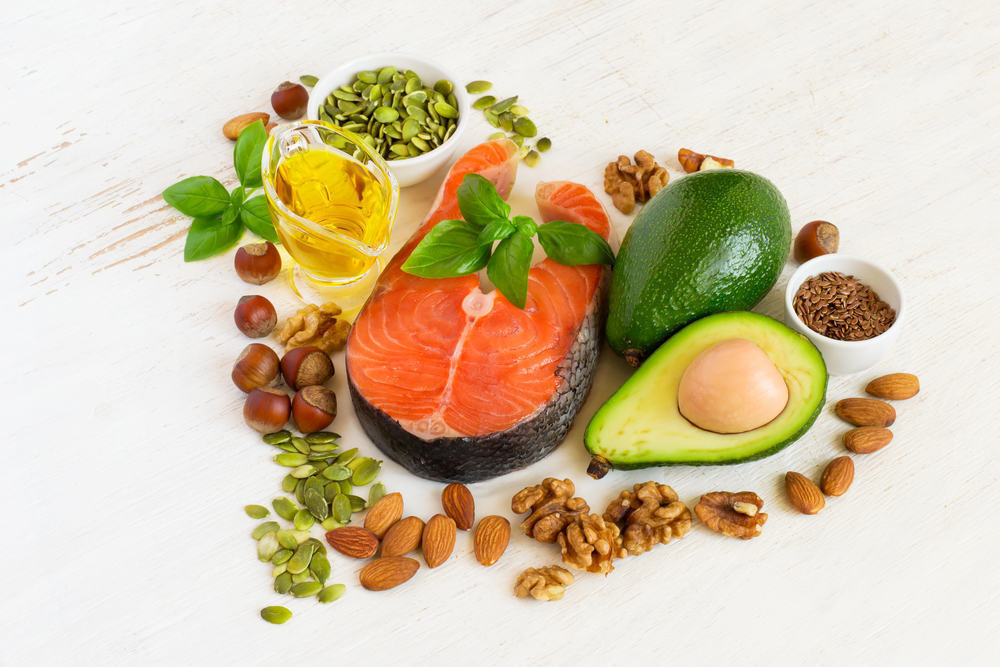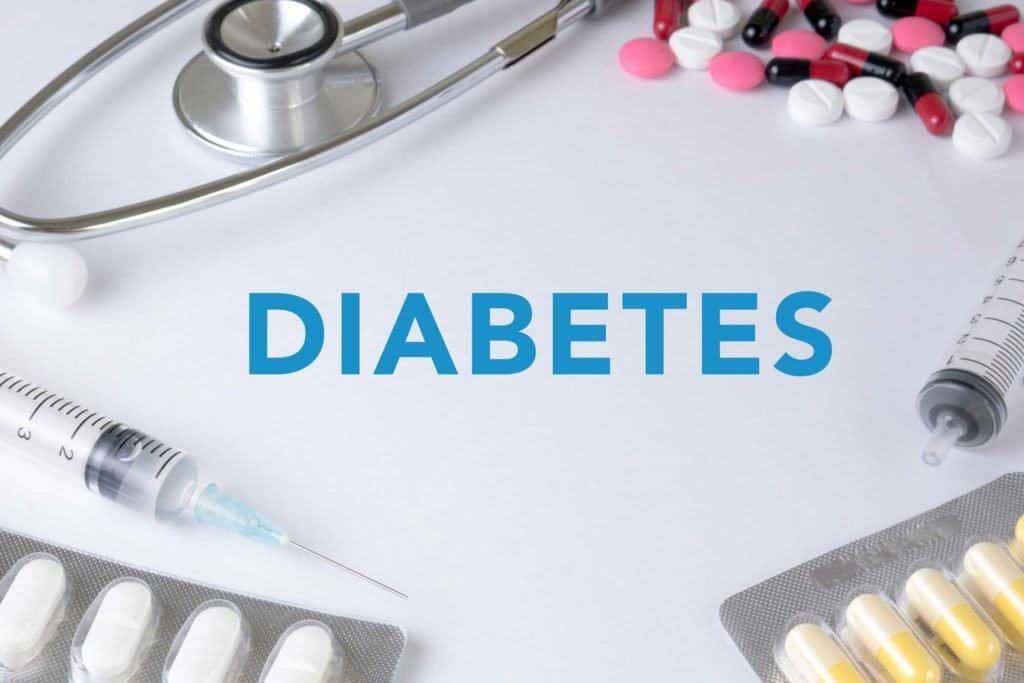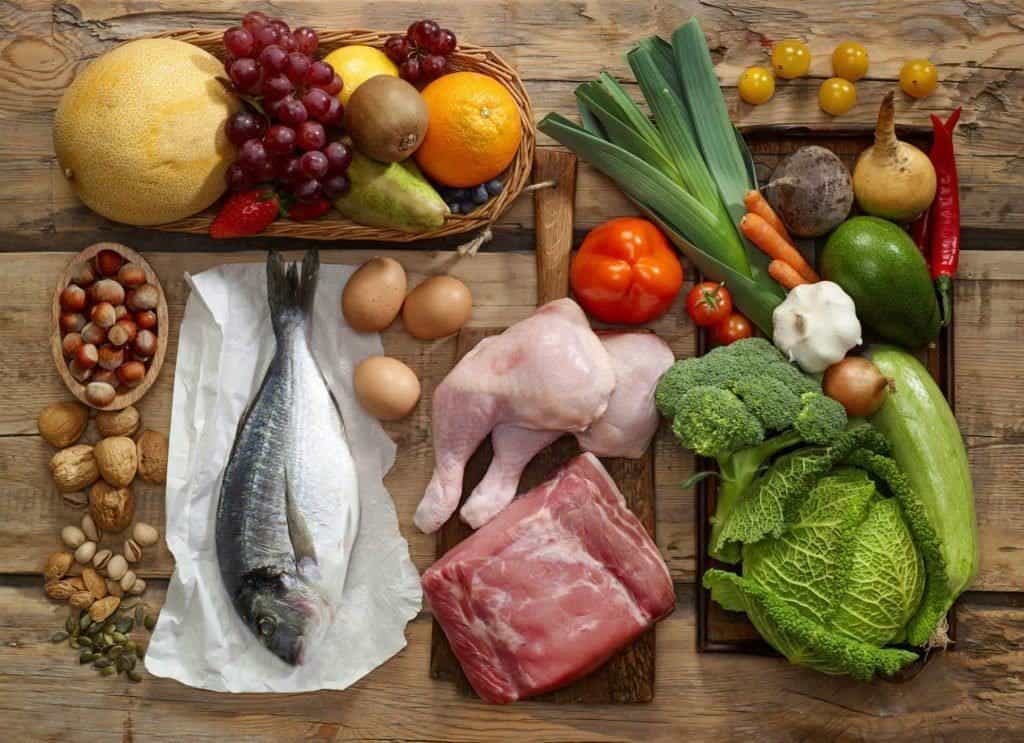Contents:
- Medical Video: Are Plant Fats As Dangerous As Animal Fats? Dr Michael Klaper
- What is contained in animal fat?
- Saturated fat
- Trans fat
- Omega-3 fatty acids
- What is contained in vegetable fat?
- Saturated fats in vegetable food sources
- Monounsaturated and multiple unsaturated fats
- Then, is it healthier animal fat or vegetable fat?
Medical Video: Are Plant Fats As Dangerous As Animal Fats? Dr Michael Klaper
Many say that don't eat this or don't eat it, because it's fatty. It's true we have to limit fat in the body, but do we have to remove all the fat in our food?
Of course not, actually just like other macro nutrients, proteins and carbohydrates, fat is also needed by the body to perform various functions. The role of fat is to help metabolize fat-soluble vitamins, namely A, D, E, K, which are usually stored in the liver. In addition, fat also has the role of replacing carbohydrates as an energy source if carbohydrates run out. Various hormone formation also depends on fat levels in the body. Therefore, it doesn't matter if we eat fatty foods. However, it must be considered the amount and type of fat consumed.
Based on the source, fat is divided into two groups, namely vegetable fats derived from plants and animal fats derived from animals. Both types have different types and compositions of fat. So, which is better between vegetable fat and animal fat?
What is contained in animal fat?
Here are the types of fats produced from animal food sources:
Saturated fat
Saturated fats are contained in beef, mutton, chicken meat with skin, margarine, cheese, and various other dairy products. If you consume too much food that contains saturated fat, this will increase levels of low-density lipoprotein (LDL) or bad fat. These bad fats cause blockages in blood vessels which if they occur continuously result in various degenerative diseases, such as coronary heart disease, stroke, type 2 diabetes mellitus, and so on. The American Heart Association recommends consuming a maximum of 6% saturated fat from total calories in a day.
Trans fat
Trans fat is contained in several food sources in a fairly small amount, but trans fat is actually produced when doing the cooking process, such as frying or heating margarine. Just like saturated fat, excessive trans fat increases LDL or bad fat levels and lowers HDL or good fat in the body. This can cause various heart and blood vessel diseases.
Omega-3 fatty acids
One more type of fat produced from animal food sources is omega 3 fatty acids. Unlike trans fats and saturated fats, omega-3 is very beneficial for health, which plays a role in improving cognitive abilities, maintaining healthy nervous system, and reducing levels of deep fat blood. Many omega-3 fatty acids are contained in salmon, tuna and halibut. Therefore, it is recommended to consume these fish 2 times a week so that the balance of fat in the body is maintained.
What is contained in vegetable fat?
Here are the types of fats contained in plant-based food sources:
Saturated fats in vegetable food sources
Vegetable source foods also produce several types of fat, which are in the form of oil. Some oils produced from plants also contain lots of saturated fats, such as palm oil. And, if you consume too much oil, the effect will be the same as eating food sources of protein that contain saturated fat, which results in various heart diseases.
Monounsaturated and multiple unsaturated fats
Although there are several types of plant-based food sources that produce saturated fat, most of the oil produced from plants contains unsaturated fats, such as olive oil, corn oil, almond oil, and sunflower seed oil. There are two types of unsaturated fats, namely monounsaturated and polyunsaturated fats. Both of these unsaturated fats are beneficial for maintaining heart health and preventing the buildup of fat in blood vessels because it increases the level of good fats in the body.
Then, is it healthier animal fat or vegetable fat?
Actually, good or not a fat depends on the type of fat itself, not based on the origin of fat. Although indeed the types of fat that are good for the body are more contained in plant-based food sources than animal foods, still some plant-based food sources contain less good fats for the body, namely saturated fat and trans fat. So, what you need to choose as a good source of fat is foods that contain unsaturated fats and omega-3 fatty acids and avoid foods that contain high saturated fats.
The American Heart Association's Nutrition Committee recommends eating foods that contain fat, as follows:
- Eating about 25 to 35 percent of fat from one day's total calories from fish, olive oil, corn oil, and nuts.
- Limit the amount of saturated fat, which is a maximum of 6% of total calories in a day. If in one day you have to consume 2000 calories, then foods containing saturated fat should not be consumed more than 16 grams.
- Limiting trans fat is only 1% in one day and if your daily calorie needs are as much as 2000 calories, then you should not consume more than 2 grams of trans fat.
- Increase consumption of monounsaturated fats, polyunsaturated fats, and omega 3 fatty acids.
READ ALSO
- Weight Drops, Doesn't Mean Reduced Body Fat
- 7 Mistakes Often Made When Burning Stomach Fat
- Skinny Fat: When Thin People Actually Have Lots of Fat












